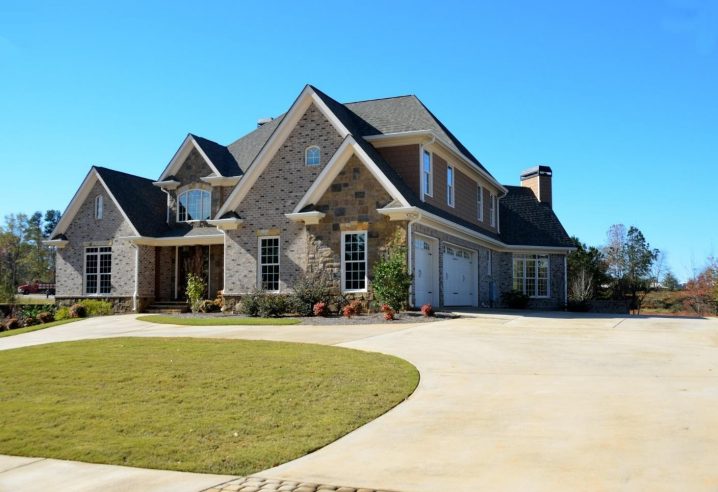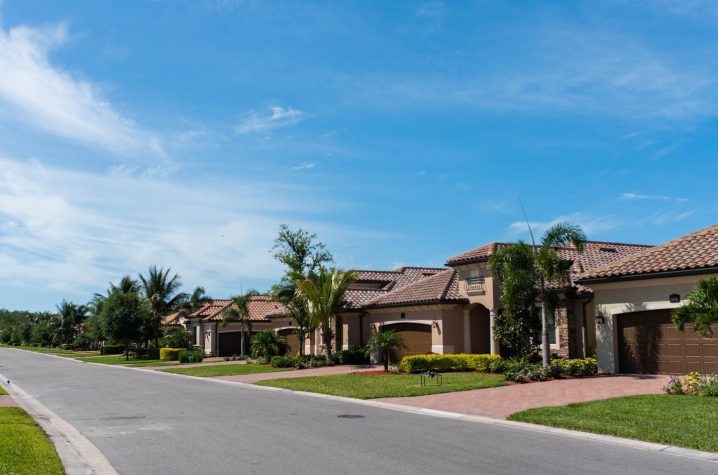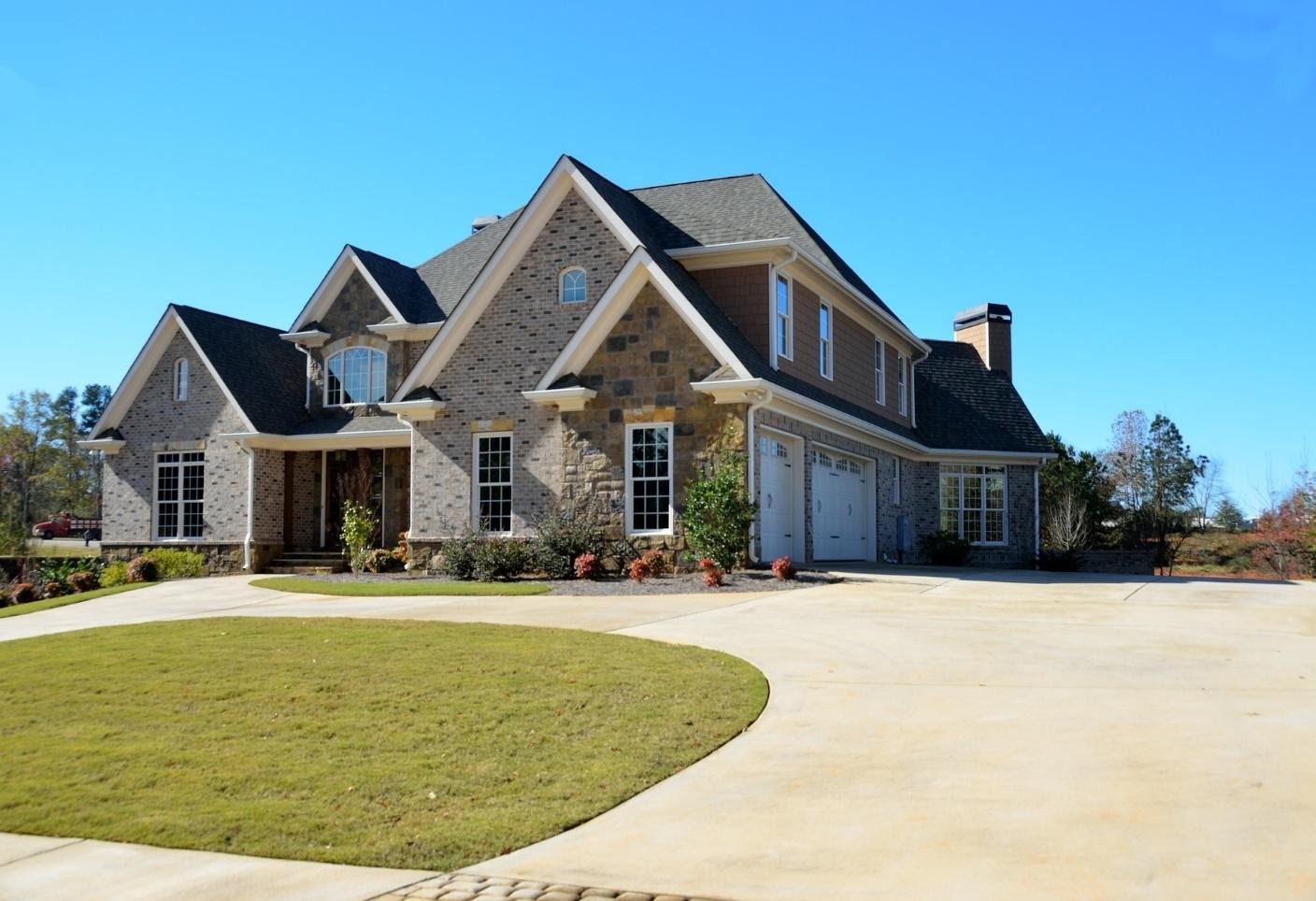Vancouver is a western Canadian seaport city located in British Columbia. It is the most populous city in the province with a population of about 632,000 people. It is a very dynamic and diverse city with different ethnic groups and languages. Due to a high living standard and quality of life, Vancouver is regarded as one of the best places to live.

Vancouver is one of Canada’s industrial centers with different industries including shipping, technological, mining, and movie companies all located here. It is also a tourist destination as many people come from all over to see its beautiful parks, mountains, forests, and ocean. You may read about this beautiful city here.
With its various attractions and teeming population, it is no wonder that housing in Vancouver can be pricey. It is regarded as the second most unaffordable city in the world when it comes to housing and this has led the city to make efforts to reduce housing costs by introducing several strategies such as cooperative housing, increased density, smart growth, etc. One way individuals commonly acquire homes is through mortgages.
What is a Mortgage?
This is a loan used by a buyer to raise funds for the purchase of real estate. It could also be used by existing property owners to raise funds while a lien is on the property that is being mortgaged. It is sort of a debt instrument that is secured by using a specified property as collateral. In other words, they are liens or claims against a property. Both individuals and businesses make use of mortgages either to purchase a home or a commercial property and they are paid back by the borrower in a predetermined set of payments which include interests.
In Canada, there are various forms of mortgages and they include:
- High ratio
- Conventional/low ratio
- Open
- Closed
- Fixed-rate
- Home equity lines of credit
- Variable or adjustable-rate
For this article, the fixed-rate mortgage is the focus of discussion.

What is a Fixed Rate Mortgage?
This is a property loan whose interest rate does not change for the entirety of the loan term. This makes payment predictable and it is especially good for people with set budgets. It is one of the most popular product offerings offered by lenders. These lenders are most times banks or other financial institutions while brokers such as those that can be found here: https://www.geoffleemortgage.com/mortgage-services/fixed-rate-mortgage/ act as intermediaries between the lending institution and the individual trying to access the mortgage.
How It Works
Fixed-rate mortgages a lot of the time are offered as amortized loans paid in monthly installments although non-amortized loans can also be offered and there is a varying risk to both lender and borrower. During rising rates, the lender bears some loss and at lower periods, it is the turn of the borrower to bear the loss.
The monthly repayments are equal to multiplying the principal by the interest rate and adding a small percentage of the principal amount based on the length of the loan. As a part of the principal is repaid monthly, the interest payable is also reduced. This results in more payments going into repaying the principal every month. In the beginning, the interest paid is higher and as the loan term winds down, the interest paid reduces.
The term lengths for fixed-rate mortgages vary and can be anything between 15 to 30 years with the most common term length being 25 years. This simply means that by the end of the number of stipulated years, the loan should have been repaid in full. For people who can pay quicker, they will end up paying less in interest.
Advantages
The major advantage of this sort of mortgage is that even if interest increases, it does not affect you as you pay the same rate all through out. Also, because the principal is getting lower, your interest payment also keeps dropping each month so you can channel more money into paying off the principal instead. This increases the equity of your property automatically and makes it easy for you to make plans and budget.
Fixed-rate loans do not usually have pre-payment penalties and if you would like to pay your principal earlier, you can make extra payments to cover that.
Disadvantages
A disadvantage of this kind of loan is that the interest is higher than other forms of loans making it more expensive if interests fall or stay the same. This is a result of the need to cater to the lender’s risks based on periods when the interests in the industry may rise.
Also, because the first set of repayments go towards interest payments, the principal is paid off slower than with adjustable rate loans. For individuals hoping to sell their property in a short while, this may not be good. Qualifying for a fixed-rate loan can also be more difficult than for variable or adjustable ones.
When getting a fixed-rate loan, ensure the interest rate lasts the lifetime of the loan as some lenders may sell you a mortgage where the rate is fixed only for the first few years then you pay a higher interest. Be careful to confirm this before taking the loan. Also, go for a no-cost loan where the cost of closing is already factored into the mortgage and you do not have to pay anything extra or else you will end up paying more for the loan than you should.

